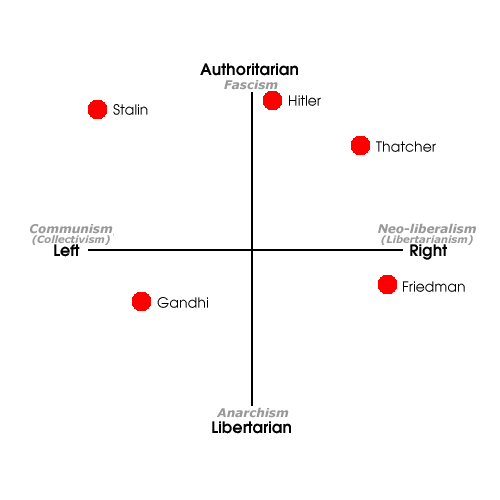But that's precisely the problem: describing Nazism as "para-fascism" is also wrong. The ideological link isn't really there.The ideology ITSELF is not unique of fascism - but Fascism is unique of the only nation who used Fasci as their symbol.
Saying Nazism is para-fascism is correct, but saying Nazism IS Fascism is incorrect.
When we talk about fascist movements, we're looking more at things like the Falange or the BUF. Ones that had a direct and close ideological connection to fascismo.
You are a national treasure.It gets even more tricky when you are trying to distinguish between Groucho Marxism and Harpo Marxism. Mark's Cubanism does contain a German element though.




